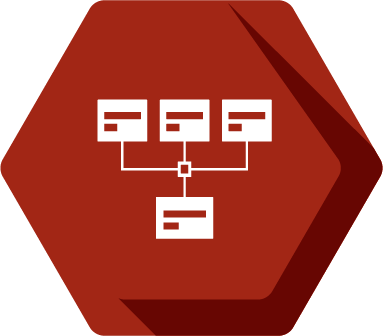Matthew Beaubien

Pronouns: He/Him
Research Mentor(s): Dylan Moore, PhD Candidate
Research Mentor School/College/Department: Economics, College of Literature, Science, and the Arts
Presentation Date: Thursday, April 22, 2021
Session: Session 4 (2pm-2:50pm)
Breakout Room: Room 15
Presenter: 1
Abstract
Despite the relative ease of obtaining Canadian federal election data, there are few studies looking at trends and contributor statistics in this data. Most of the data we have looked at thus far comes from the Elections Canada website. We use the R programming language to convert the large .csv files from the website to smaller and easier to work with .RData files. We then used these files to collect some summary statistics about the types of contributors (individuals, businesses, trade unions, etc). We have also employed the use of a normalized Damarau-Levenshtein edit distance to link identities that may have slightly different names (“John Doe” and “Johnny Doe” for example). Thus far, we have found a higher than expected amount of business donations for elections where businesses were still legally allowed to contribute. We have also had some success in tracking identities using the edit distance. This should help us see how people’s donations and preferences change over time. These findings have broad implications for government policy. It is generally important in democracies for less economically franchised citizens to feel like they still have a voice when compared to their wealthier counterparts. This research will hopefully help politicians to shape policy to ensure that Canadian democracy remains healthy.
Authors: Dylan Moore, Matthew Beaubien
Research Method: Qualitative Study






